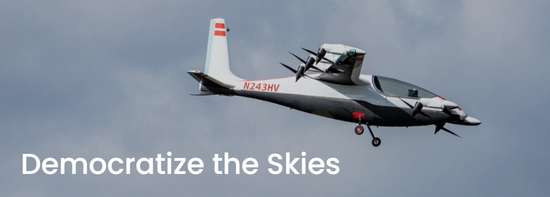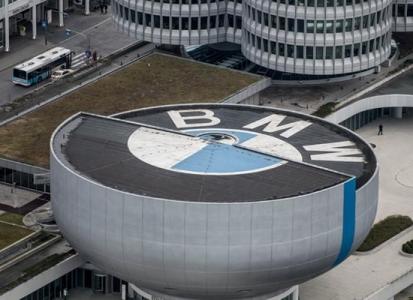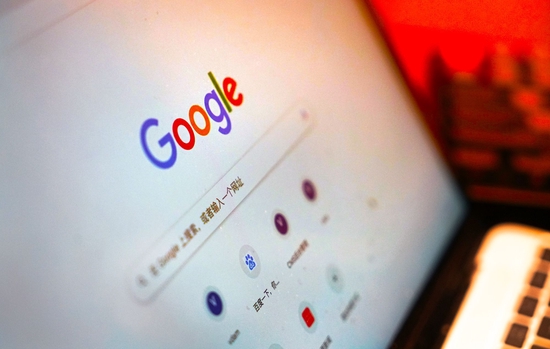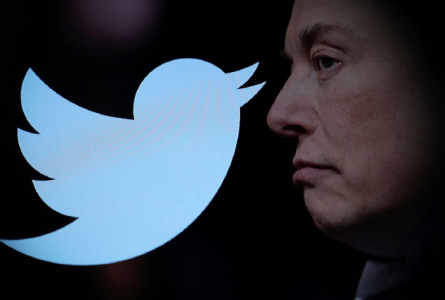your current location is:Home > TechnologyHomeTechnology
The chairman of TSMC declared: No one can control SMC by force
On the evening of August 2, the Speaker of the U.S. House of Representatives, Nancy Pelosi, disregarded China's solemn representations and blatantly visited Taiwan, China, and made blatant political provocations. Various departments in China have lodged solemn representations and strong protests with the US side.
The US media "Washington Post" reported that Pelosi, who was on the island, will meet with Taiwanese officials on the island on August 3, and will also meet Liu Deyin , chairman of TSMC , to discuss the recently passed chip bill in the United States and emphasize semiconductors. Importance to the U.S. economy and national security.
On the eve of Pelosi's visit to Taiwan, China, Liu Deyin was interviewed by the US media CNN. In an interview, he claimed that there are no winners in a war, and everyone is a loser. "If a war does occur, what we should worry about most is not chips, but that such a conflict will disrupt the world order, and geopolitics will be completely changed. "
When talking about the importance of the semiconductor industry chain on the island, Liu Deyin claimed that no one can control TSMC by Force (Nobody Can Control TSMC by Force), and once military action is taken, it will make the TSMC factory unable to operate.

Screenshots of foreign media reports
"You must know that TSMC is a delicate and complex manufacturing plant, from raw materials, chemicals, equipment parts, engineering software to testing, it must be in real-time contact with countries such as Europe, Japan and the United States. TSMC relies on the efforts of many people to operate, Therefore, even if it is controlled by force, it cannot function normally." Liu Deyin said.
Affected by Pelosi’s departure from Taiwan, TSMC’s stock price once fell 3% on August 2.
When asked about TSMC's business dealings with mainland Chinese companies, Liu Deyin mentioned in an interview that mainland China accounts for 10% of TSMC's business, "We only do business with consumers, not with military entities. We think the consumer market is important, and if Chinese consumers need us, it's not a bad thing to do business with them."
Although Liu Deyin is very sensitive when talking about mainland business, a source familiar with Pelosi's talks with Liu Deyin said that U.S. military equipment including F-35 fighter jets, Javelin anti-tank missiles, and supercomputers in the US National Laboratory are used Chips manufactured by TSMC. In addition, major consumer electronics companies, including Apple, also rely on various semiconductors made by TSMC.
TSMC's financial report shows that in the second quarter of 2022, the US market accounted for 64% of the revenue, and the mainland China market accounted for 13%.

TSMC's revenue share by region in the second quarter of 2022
"We should draw lessons from the conflict between Russia and Ukraine. Everyone will associate the conflict between Russia and Ukraine with the conflict across the Taiwan Strait, but the two are very different." Liu Deyin said in an interview that the conflict between Russia and Ukraine has brought various negative effects, regardless of whether the Western world, Both Russia and Ukraine are losers. He believes that all parties should think about how to avoid war and how to ensure the continuous operation of the world economic engine. "Let's have a fair competition. This is what I want to express."
In fact, the executives of Intel China have also expressed the idea of "fair competition" with Chinese mainland enterprises, but the so-called "fair competition" does not exist for Chinese mainland enterprises, because they cannot be as free as TSMC and Intel. purchase of state-of-the-art production equipment.
"Why is it difficult for other people to make the chips you make? I am thinking about your 7nm process. There are many big companies like Intel in the United States, and mainland China also spends huge sums of money to build fabs, but there is no such thing as Make your kind of chip." CNN reporter asked.
Liu Deyin replied in the interview, "Well, yes, it's just a few years later."

CNN video screenshot
He added, "TSMC regards semiconductor technology as a science, but it is also a business, not just assembling components. Of course, this is all thanks to the partners who work with us. Our engineers have even used it because of the epidemic. Augmented reality (AR) is working with engineers as far away as the Netherlands and California to advance state-of-the-art semiconductor technology. I can’t tell you more than that.”
When asked about his vision for the future, Liu Deyin claimed, "I hope that regardless of the relationship between the United States and mainland China, we will not be 'discriminated' because of our proximity to mainland China." He mentioned that war will only bring each other When disaster strikes, it's true for either side, "We prepare for the worst, but also for the best."
"In a peaceful situation, how the semiconductor industry develops is only related to our respective competitive strategies, I think no one in the global business community wants to see war, so why should we jump into another (other than the Russian-Ukrainian war) What about the trap?" Liu Deyin said.
However, Pelosi's wanton roaming across Taiwan has led to sudden tensions across the Taiwan Strait. The Chinese statement pointed out that some U.S. politicians have become "troublemakers" in Sino-U.S. relations, and the U.S. has become the "biggest destroyer" of peace in the Taiwan Strait and regional stability.
People familiar with Pelosi's itinerary revealed that Pelosi will discuss with Liu Deyin on the island on August 3 the recently passed chip bill in the United States, which will provide $52 billion in federal subsidies for chip manufacturers that set up factories in the United States.
Taiwan's "Economic Daily" reported on August 2 that the US Chip Act requires companies that receive federal subsidies to not significantly increase the production of chips more advanced than 28nm in mainland China within 10 years. Although the 28nm process is not the most advanced technology, it is still widely used in automobiles and consumer electronics. Companies affected by the US "overlord clause" may include TSMC and Intel.
The report also mentioned that a major obstacle that TSMC is currently encountering in Arizona is the lack of trained engineers in the semiconductor manufacturing industry. Therefore, TSMC has sent about 250 new employees recruited from the United States to Taiwan for training, including entering the fab for practical operations.
The Bloomberg report pointed out that Intel has been lobbying hard, hoping that the Biden administration will not set up investment obstacles to the Chinese chip industry. In late 2021, the U.S. chip giant had wanted to expand chip production in mainland China to ease a global chip shortage, but the plan was blocked by the U.S. government.
The Chinese Ministry of Foreign Affairs once pointed out in response to this matter that the United States generalized the concept of national security, abused national power, politicized, instrumentalized, and ideologically oriented science and technology and economic and trade issues, and artificially set up trade and investment barriers against specific countries. These actions not only undermine the international Trade rules, fragmenting the global market, will ultimately only harm others.
Previous:Zuckerberg fires the first shot of the metaverse price hike
Next:Apple updates obsolete list to include 8 devices as obsolete
related articles
Article Comments (0)
- This article has not received comments yet, hurry up and grab the first frame~












